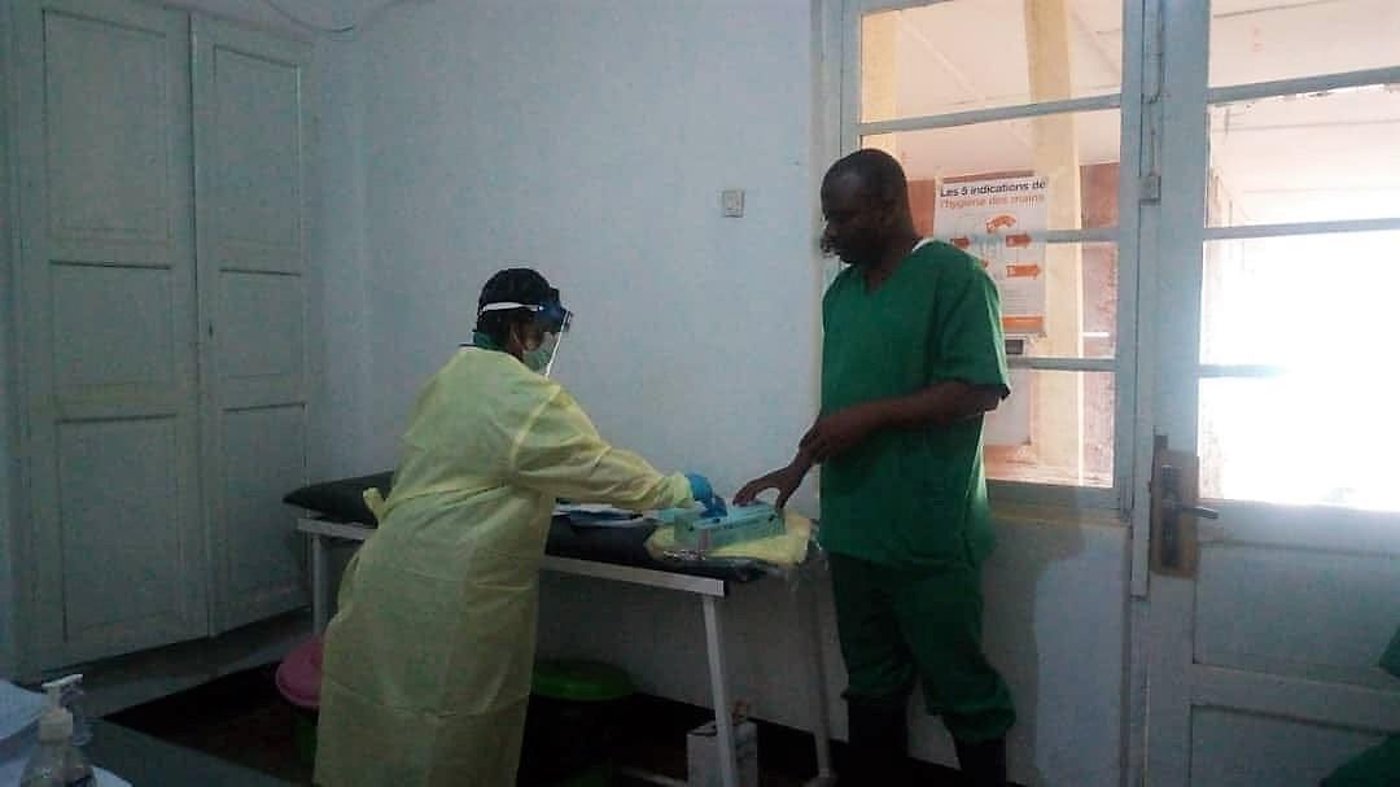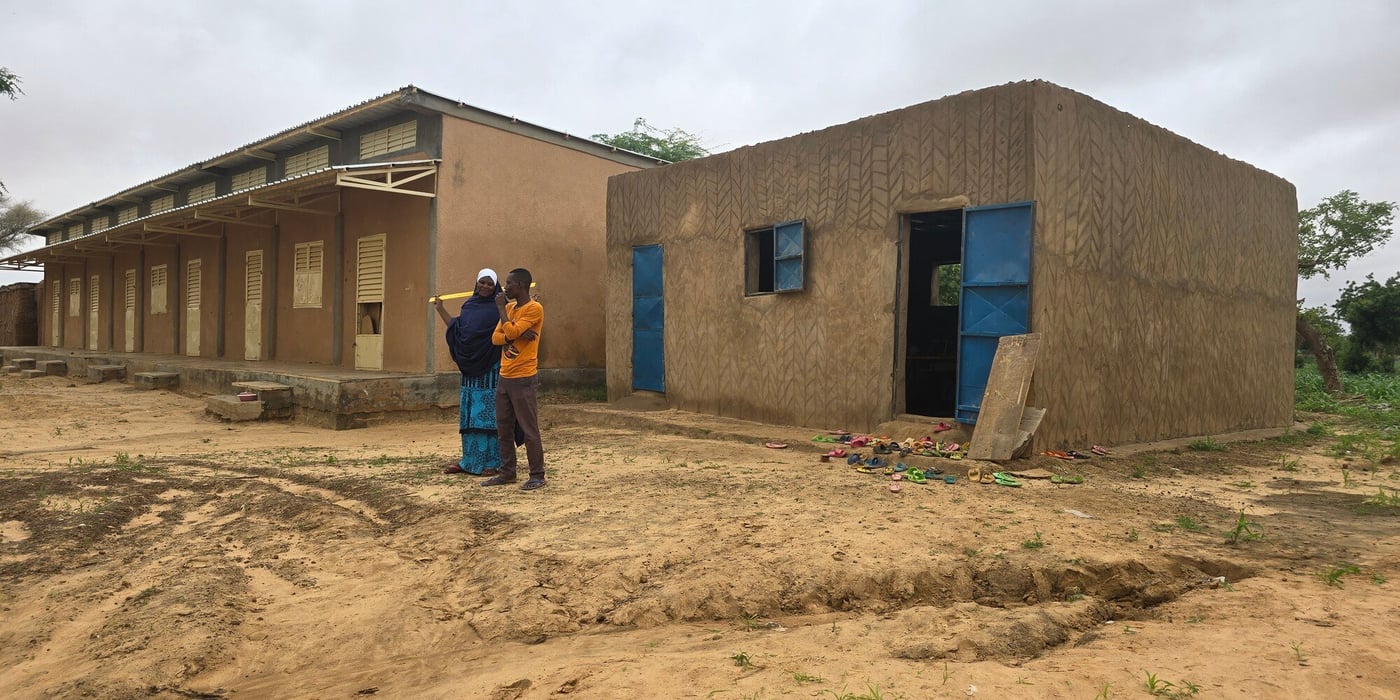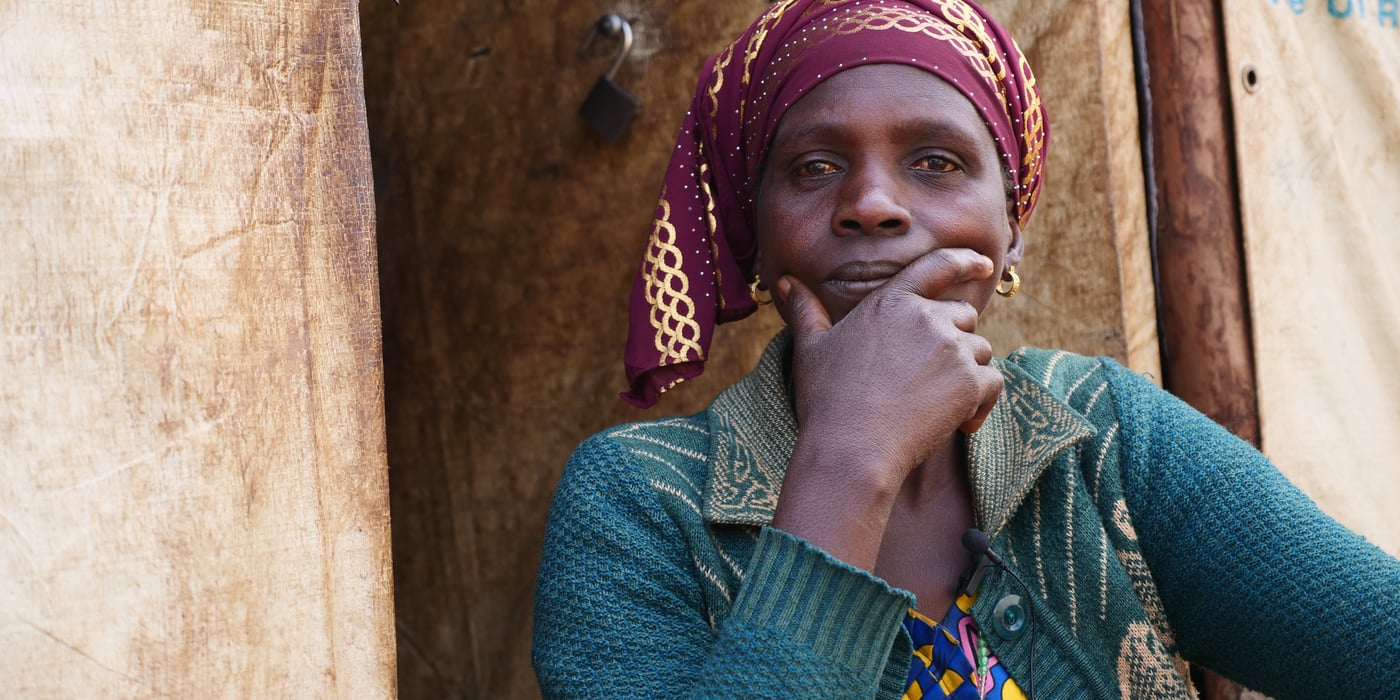
“There is resistance from the communities to work with the Ebola response teams. The more time that passes, the more used to the threat people become. We are already struggling with people not realising the severity of the epidemic,” says Nema Dounamou, Team Leader for infection prevention and control at the World Health Organization in Beni.
The Ebola outbreak was discovered in the north-eastern part of DRC in August 2018. The number of cases has passed 2,700, making it the country’s largest ever Ebola outbreak, according to the Médecins Sans Frontières and the latest update from the DRC Ministry of Public Health.
Additionally, this is, the second biggest epidemic ever recorded, behind the West Africa outbreak in 2014-2016.
NORCAP deployees have been involved in the response since the outbreak started, with five people currently working in the area. They cover information management, education in emergencies, camp coordination and camp management, health logistics and infection prevention and control.
Lack of health facilities and resources
The north-eastern part of DRC has been ravaged by armed conflict for decades, leaving thousands of people displaced and schools and health facilities in extremely poor condition. The people are generally sceptic of outsiders and DR Congo has for many years been one of the world’s most dangerous places to work for humanitarians.
“The insecurity of the region, where people are regularly forced to leave their homes because of armed conflicts, in addition to the low trust in international operations make this emergency extremely challenging. Because of the ongoing conflict, there is an enormous lack of health facilities, proper equipment and resources to deal with the epidemic,” Benedicte Giæver, Executive Director of NORCAP, says.

Training local health workers
Trying to contain the Ebola virus and reduce the risk of transmission, the response teams are tracking all known patients, to identify people they have been in contact with and who are in danger of contracting the disease.
Nema Dounamou says part of his work is to train local health workers on how to identify and isolate victims, do rapid assessments and decontaminate households and health facilities in the best way possible.
“Last week, we went to a community where a 27-year-old woman had been confirmed Ebola the day before. We decontaminated the dispensary where she had been treated, and the woman’s household. We also trained health workers on how to identify Ebola and what to do when treating it,” he says.
The area where the woman had been treated, has seen 22 Ebola cases in just the last two weeks. However, transferring skills to local health workers, as well as carrying out activities linked to prevention, vaccination and communication is not easy without the cooperation from the local communities. And they are currently one of the biggest challenges facing the response.
Community support is essential
“Those who have contracted Ebola or have lost family members, believe the disease exists, but there are many rumours that this was created by the government, the UN and the international organisations. This means that even those who have experienced it, are afraid to align with the response or raise awareness. They fear reprisals from their communities,” says Alain-Gustave Bakundukize, deployed as a Health Logistician to WHO.
This scepticism makes it difficult to get communities’ support in the tracking of contacts, vaccinations and follow-ups, as well as making sure burials are safe and dignified.
“We need to put a lot of effort into understanding where the negative perceptions and the denial come from. If our interventions are to be successful, we need to work together with the communities, be accountable and get their support. Only then do we have a chance of beating the Ebola epidemic,” Bakundukize says.



